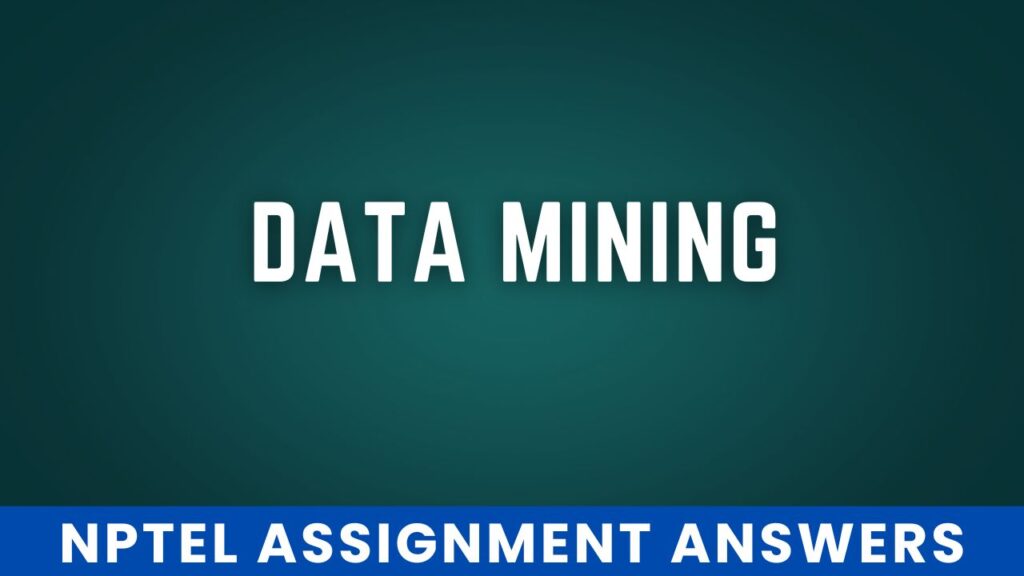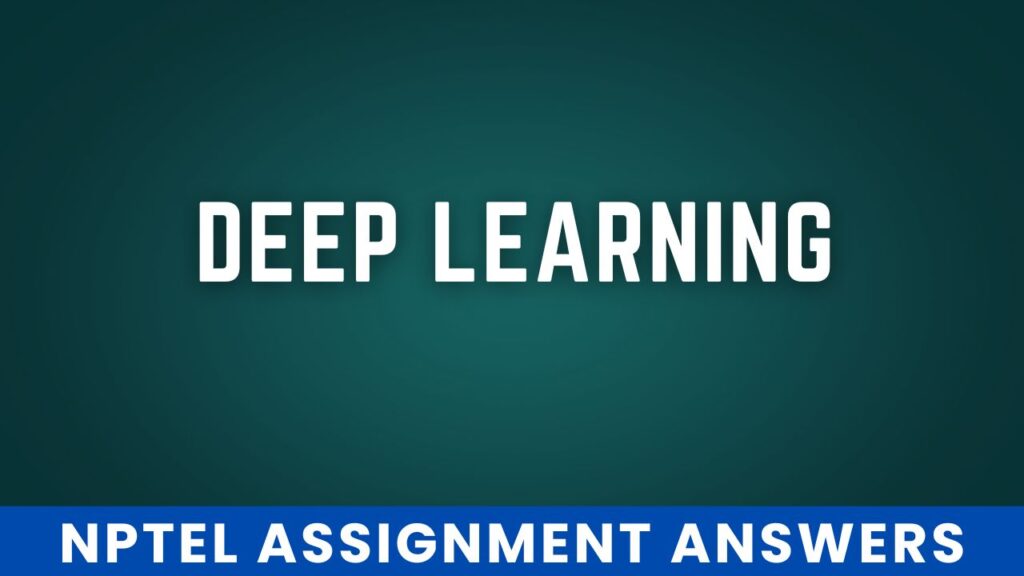NPTEL Introduction To Industry 4.0 And Industrial Internet Of Things Week 5 Assignment Answers 2025
1. Which of the following is NOT a key sector of Industry 4.0?
a. Smart robotics
b. Smart Warehousing
c. Intelligent manufacturing
d. Paper-Based Inventory Management
Answer :- For Answers Click Here
2. What is a key advantage of the Outcome-Based Model in IoT business?
a. Decreased profit margin
b. Increased negotiation cycle
c. Higher customer satisfaction
d. Increased risks
Answer :-
3. Which layer in the Industrial Internet Reference Architecture (IIRA) implements domain-specific applications and decision support systems and provides interfaces to end-users?
a. Edge Layer
b. Enterprise Layer
c. Platform Layer
d. Gateway Layer
Answer :-
4. Which of the following is NOT a component of IIoT business models?
a. Value Proposition
b. Value Capturing Mechanism
c. Value Extraction Model
d. Value Communication
Answer :-
5. What is the primary purpose of a Cloud-Based Business Model in IIoT?
a. Selling software licenses
b. Leasing cloud computing resources temporarily
c. Manufacturing industrial equipment
d. Increasing industrial workforce requirements
Answer :-
6. Fill in the blanks. Based on the leading and lagging Occupational Safety and Health (OSH) indicators, Key Performance Indicators (KPIs) are also categorized into ___________and ____________.
a. Leading KPI and Lagging KPI
b. Low KPI and High KPI
c. Level KPI and ground KPI
d. None of these
Answer :- For Answers Click Here
7. Which of the following is NOT one of the four viewpoints in the Industrial Internet Reference Architecture (IIRA)?
a. Business viewpoint
b. Usage viewpoint
c. Functional viewpoint
d. Financial viewpoint
Answer :-
8. State true or false. In the Usage Viewpoint of IIRA, “Task” is a basic unit of work carried out by a party assuming a role.
a. True
b. False
Answer :-
9. Which of the following is a challenge uniquely associated with assetsharing IoT business models?
a. Profit margin
b. Asset configuration
c. Scalability
d. Resource utilization
Answer :-
10. What are the key revenue models in a Cloud-Based Business Model?
a. Direct product sales, Leasing, Licensing
b. Pay-per-use, Subscription fees, Advertisement
c. One-time installation charges, Maintenance fees, Donations
d. Mass production, Bulk discounts, Customer referrals
Answer :- For Answers Click Here
11. Which of the following is an advantage of the subscription-based IoT business model?
a. Reduced operational complexity
b. Predictable, recurring revenue streams
c. Lack of customer interaction
d. Fixed pricing for all customers
Answer :-
12. Which of the following is/are types of business models for IoT?
a. Subscription Model
b. Outcome-Based Model
c. Asset-Sharing Model
d. All of these
Answer :-
13. What is a major benefit of the layered databus pattern in IIRA?
a. Increased data redundancy
b. Rapid device-to-device integration with minimal response time
c. Elimination of automation in industrial systems
d. Decentralized data storage without communication
Answer :-
14. State true or false. Lack of interoperability, data privacy, security issues, and authentication of data at the organizational level are some of the major challenges of IIoT-based business models.
a. True
b. False
Answer :-
15. Which of the following is NOT a standard IIoT reference architecture?
a. Three-tier IIoT architecture
b. Gateway-based IIoT architecture
c. Layered Databus IIoT architecture
d. Sixty four-tier IIoT architecture
Answer :- For Answers Click Here


